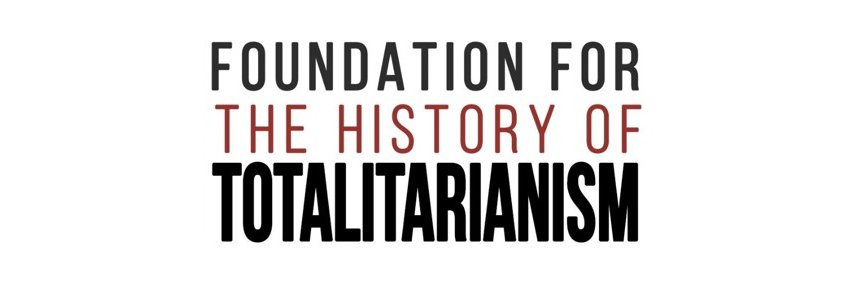
Foundation for the History of Totalitarianism
@HofTotalitarian
The Foundation is a non-profit organisation providing information about the history of totalitarianism, particularly in the 20th century, & publishing research.
5/5/75 Zhou Enlai's circular notes that he and Deng Xiaoping agree with Mao that the Gang of Four should self-criticise, but not to take it too far.
1.95 years ago, the Torgsins were established. This was the name given to a special state-run chain of shops intended for trade with foreigners who possessed hard currency. 🎞 photo: a Torgsin in Putyvl (now Sumy region). Archive of the Ukrainian Institute of National Remembrance
Your chance to see our T-55 Soviet tank: on show alongside the One:One private museum of train engines Saturday and Sunday August 9th/10th near Margate. Video is the tank being loaded in Czechia. eventbrite.co.uk/e/hornby-hobbi…
1. 🌾125 years ago today,Raphael Lemkin was born,a legal scholar and the author of the term “genocide.”He was the first to define the crimes of Stalin’s communist regime against Ukrainians as genocide and analyse the Holodomor in Ukraine within the framework of international law.
An extraordinary man: volunteered to go into Auschwitz, helped people in Auschwitz, escaped Auschwitz, joined the Warsaw Uprising, captured, liberated, finally executed on this day. The winning essay about him: historyoftotalitarianism.com/history-essay-…

On this day in 1966: the May 16th Notification which started the Cultural Revolution. This essay won top prize in our 2024-25 essay competition. historyoftotalitarianism.com/2024-25-jung-c…

Jung Chang was asked yesterday if the depiction of a "struggle session" during the Cultural Revolution in the Netflix drama "3 Body Problem" was at all realistic. She replied that it is the most realistic one that she has seen. youtu.be/aS8c6hLj7uA?si…
Jung Chang with the prize-winners of our 2024-25 essay competition at the awards ceremony at the Athenaeum Club in London this evening.
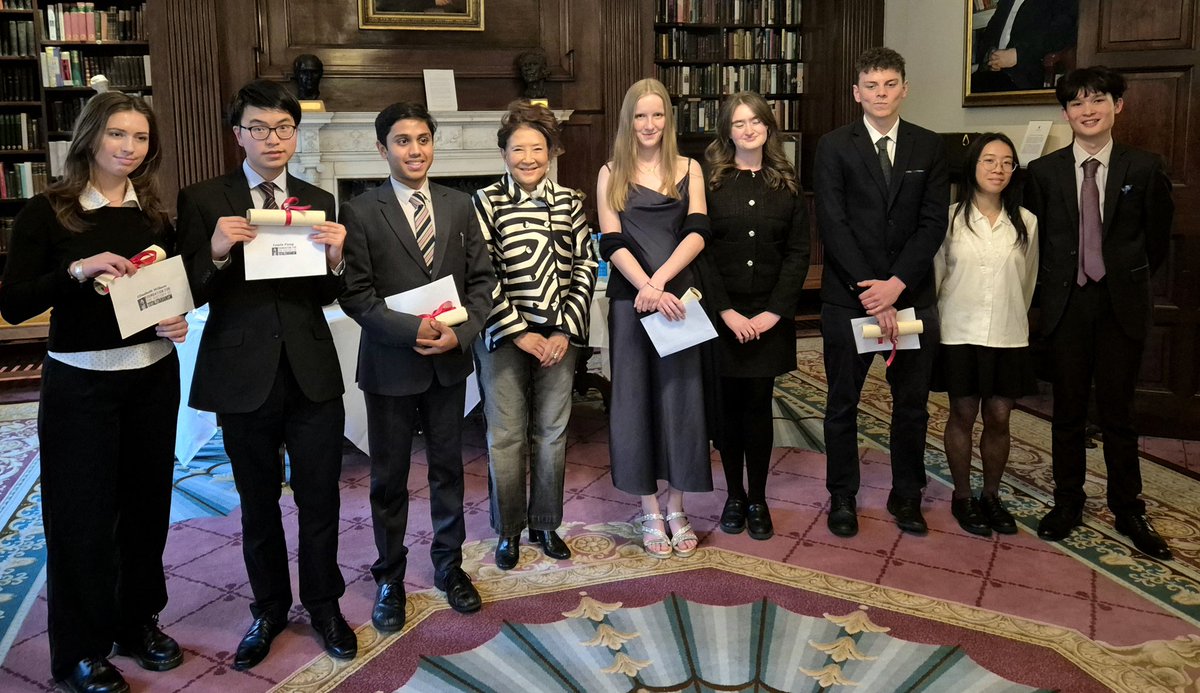
1. On April 28, 1933, a resolution by the Council of People’s Commissars of the USSR was issued, prohibiting the issuance of passports to peasants. “Citizens who permanently reside in rural areas […] shall not receive passports,” the resolution stated.
2. And further: “In areas where the passport system has been implemented, enterprises and institutions must require passports from all citizens applying for work.”
3. This completely cut off the possibility for starving people to leave the villages, find work, or get a chance to survive. Illustration – A Soviet poster from the 1930s. Even horses in the USSR were issued passports, but not peasants…
We are especially thankful to Member of Parliament Dr. Rupa Huq and Head of Plast, the Ukrainian Scout Organisation in Great Britain, Mrs. Marta Mulyak, for their vital role in organising this extremely important event.
On April 22, an exhibition opened in the UK Parliament to honour the 1932–1933 Holodomor — a genocide of the Ukrainian people by the totalitarian Soviet regime. This is not just remembrance. It is a testament to Ukrainians’ ongoing fight for freedom. #Holodomor #StandWithUkraine
Yesterday was the opening day of a Holodomor exhibition within the Houses of Parliament. @RupaHuq MP sponsored the event and chaired a panel discussion. Other MPs and Lords visited, including @SDoughtyMP. Photos include Dr Dara Mattingly wearing our Holodomor badge.
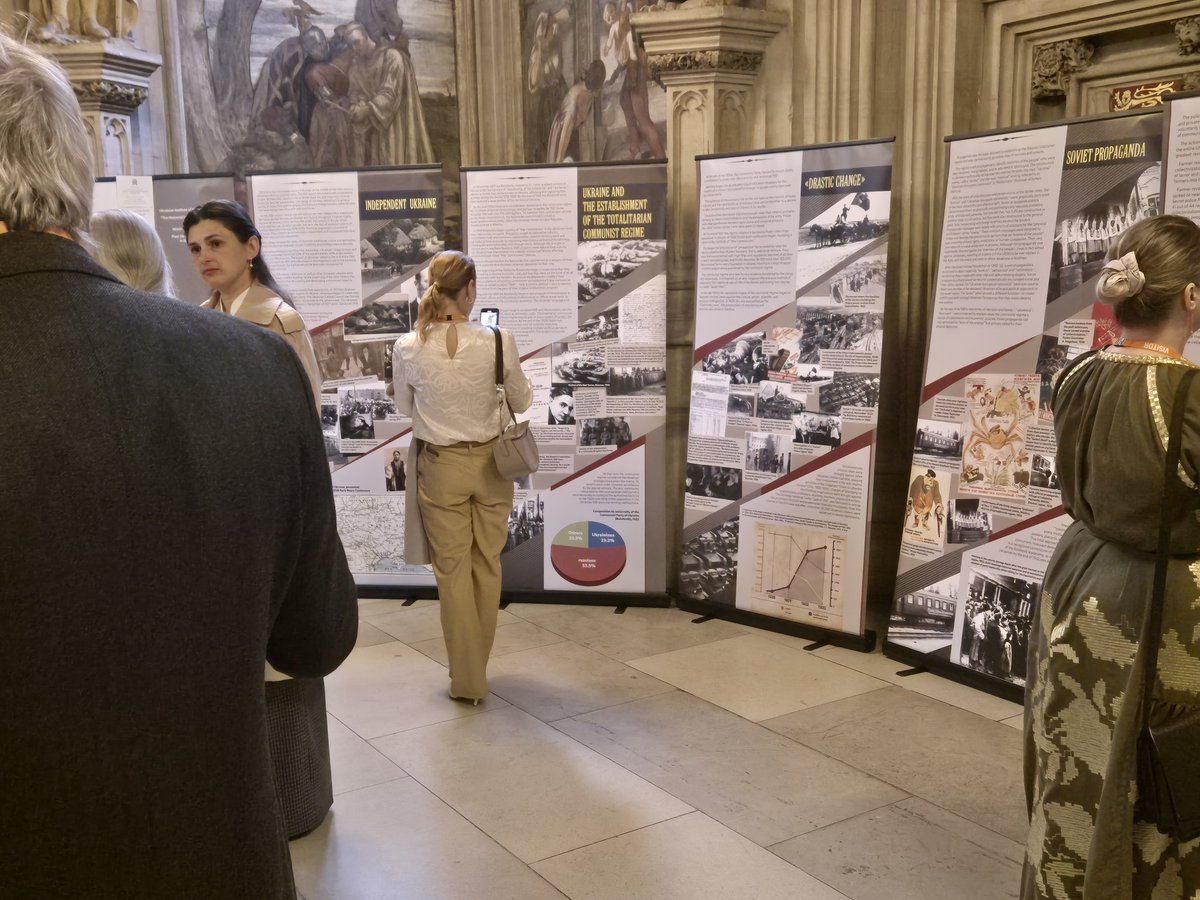
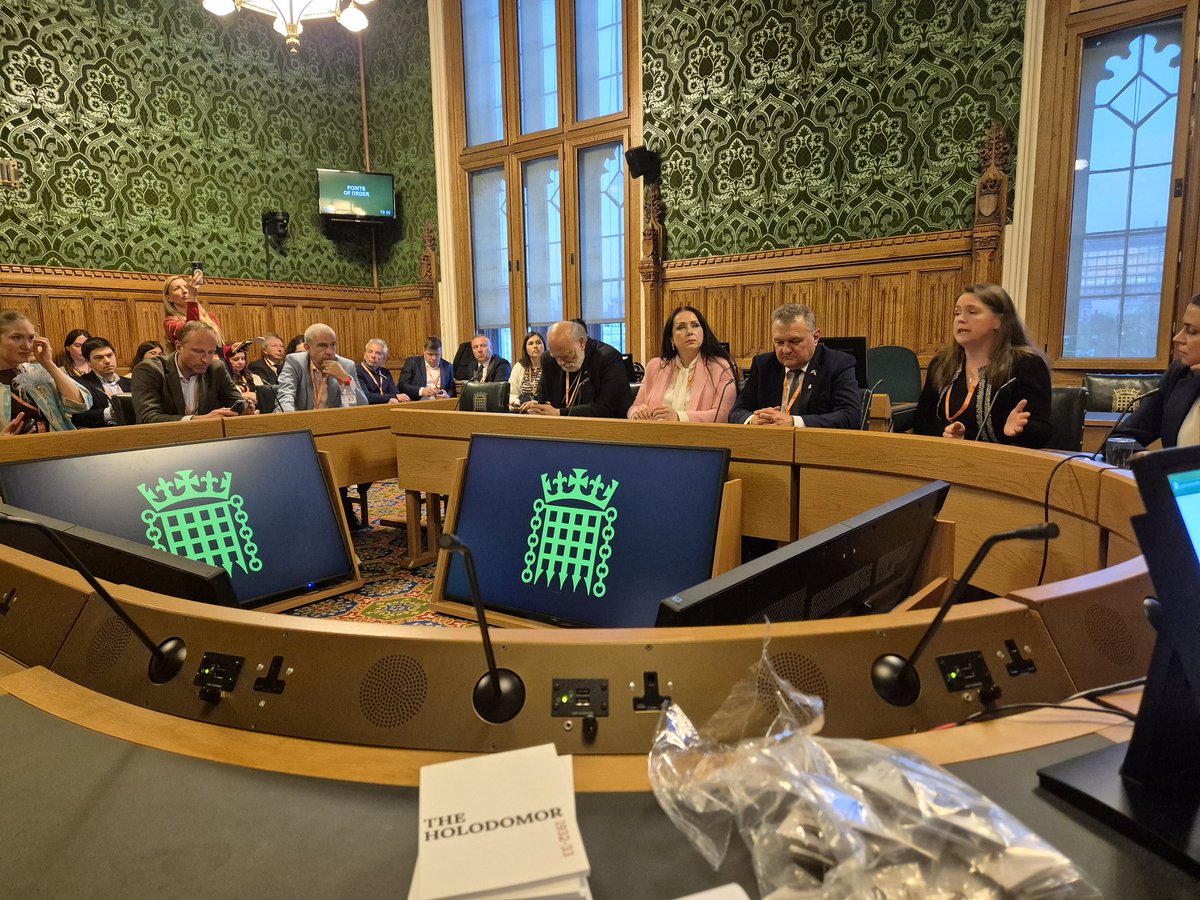
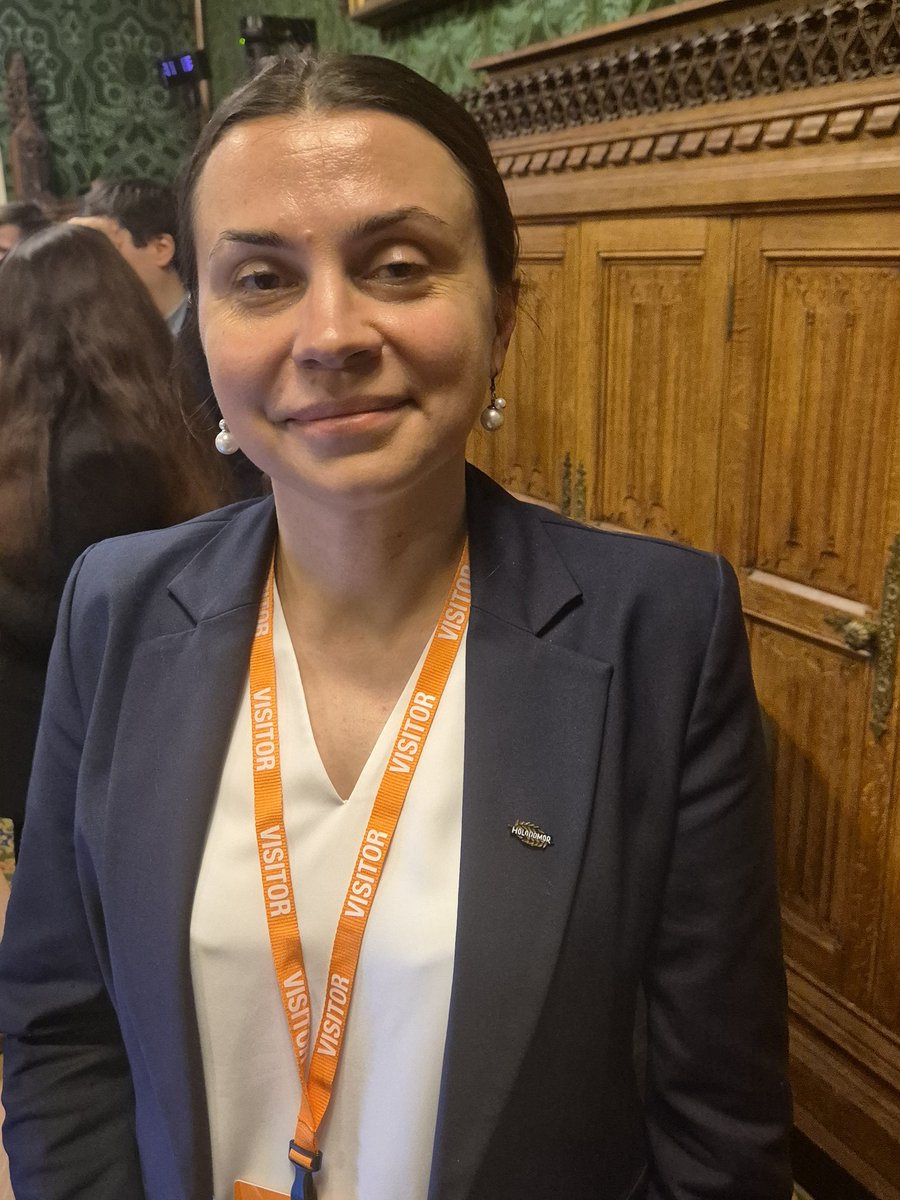
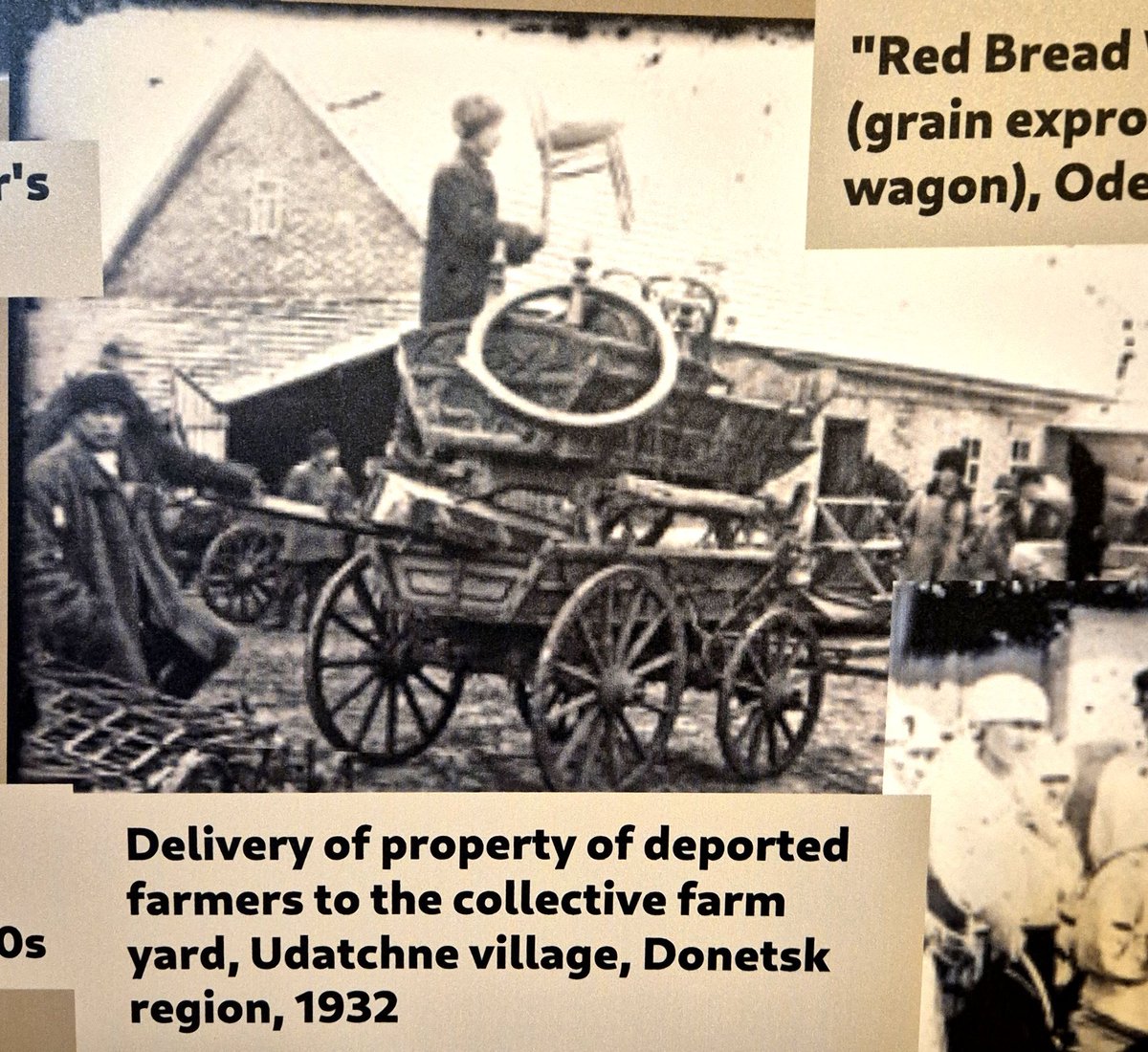
We have a poster-size enlargement of this famous photograph in our office because of one man in it.
